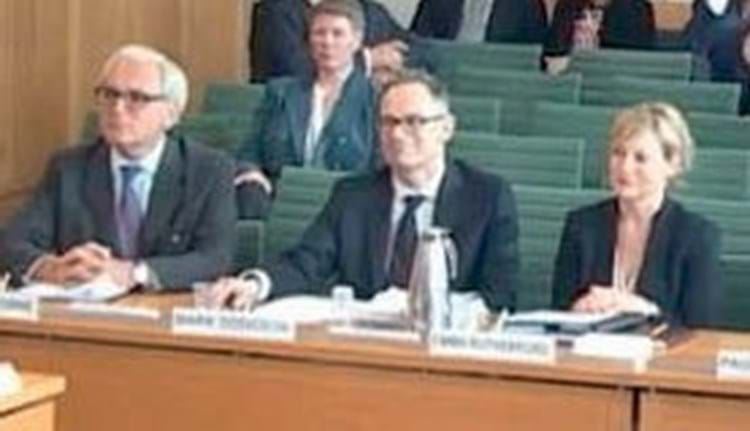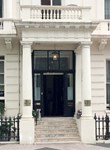
The House of Commons’ ivory bill committee discussed clarifications to exemptions this week and during these meetings Cheltenham MP Alex Chalk argued: “It is key that we ensure that the registration process is quick, affordable and not too bureaucratic, so that when an item is discovered in the course of a furniture sale, instead of being told that it will cost a huge amount of money and time to defer the process, an individual can be advised that it will be a matter of a short, proportionate pause and a small, proportionate outlay to ensure that the item becomes legal.”
Other issues raised during discussions were the 10% de minimis rule, the size of portrait miniatures, the cost of registering objects and the size of the border force agencies to deal with the ivory law in the UK.
During the first two sessions of the committee meetings evidence was given by British Art Market Federation chairman Anthony Browne, BADA’s secretary general Mark Dodgson and Emma Rutherford from Philip Mould & Company.
Rutherford gave evidence on the size of portrait miniatures and MPs argued a definition of this object type should be included in the bill.
The definition of a “portable portrait that is of no more than 204mm in height, no more than 153mm in width, made by painting on to a sheet of ivory no more than 5mm thick” was recommended to be included.
The committee also discussed the need to ensure there is sufficient funding in place for the relevant authorities to enforce the bill. Redcar MP Anna Turley said: “I was shocked that the CITES Border Force team at Heathrow has only 10 people and that the National Wildlife Crime Unit has only 12 people, given the existing scale of the problem. They will have an awful lot of work to do when the bill is in force.”
The ivory bill committee will continue to discuss evidence and amendments until June 21. Following this committee stage the bill will return to the floor of the House of Commons for the report stage and third reading. Following this it will progress to the House of Lords.














